News

Apr 13, 2021
Physiology Graduate Student Wins Top Prize at Graduate Exhibition
Huck Graduate Student Advisory Committee President Isabel da Silva was given top honors in the Health & Life Sciences category of the 2021 Graduate School Exhibition
Full Article

Apr 09, 2021
New position will support graduate and post-graduate training
Donna Korzick, professor of physiology and kinesiology, recently assumed a new role as director of graduate training initiatives in the Huck Institutes for the Life Sciences. In this role, Korzick is dedicating half of her time to support the application for and execution of training grants from organizations like the National Institutes of Health.
Full Article
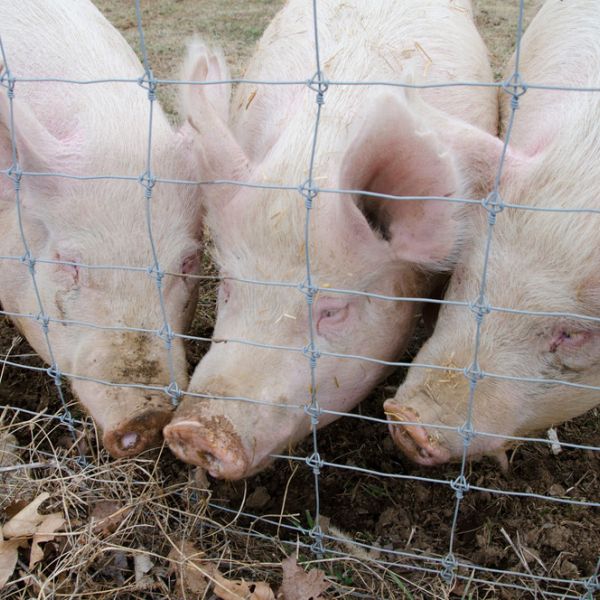
Mar 30, 2021
Tool can provide swine producers with early diagnosis of often-fatal 'Strep zoo'
A team led by researchers in Penn State's College of Agricultural Sciences has developed a diagnostic test that can identify virulent forms of the swine bacterial pathogen Streptococcus equi subspecies zooepidemicus — often referred to as "Strep zoo" — which can cause severe illness and death in pigs, other animals and rarely people.
Full Article

Mar 08, 2021
New Appointments to Build on Excellence in Graduate Training
Two familiar faces within the Huck's graduate program system will be adding new roles to support the Institutes' portfolio of extramurally-funded programs.
Full Article
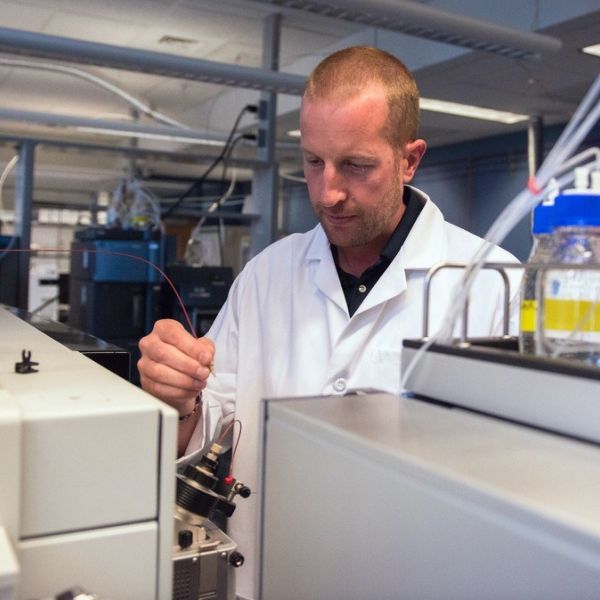
Feb 10, 2021
Andrew Patterson receives Society of Toxicology Achievement Award
The Society of Toxicology has named Tombros Early Career Professor Andrew Patterson of Penn State as the recipient of its 2021 Achievement Award, recognizing his significant contributions to the field of toxicology within 15 years of obtaining the highest earned degree.
Full Article
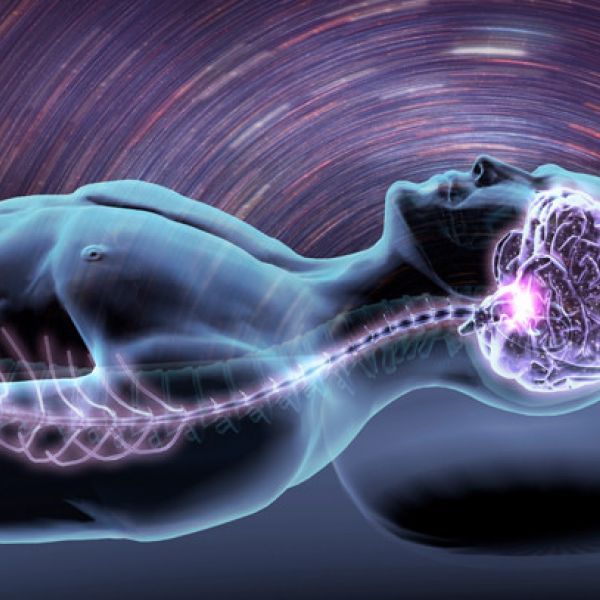
Jan 18, 2021
Increased blood flow during sleep tied to critical brain function
Our brains experience significant changes in blood flow and neural activity during sleep, according to Penn State researchers. Such changes may help to clean out metabolic brain waste that builds up during the day.
Full Article
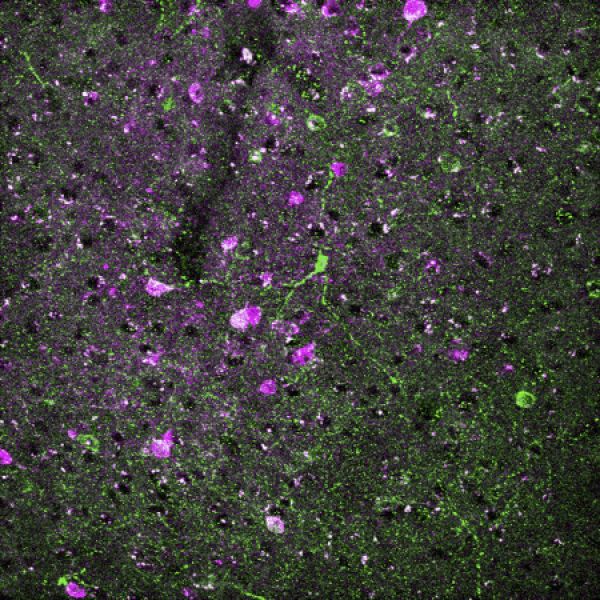
Dec 16, 2020
Some neurons target tiny cerebral blood vessel dilation
Neurons control blood flow in tiny vessels in the brain, but researchers know little about this relationship. Now a team of Penn State engineers has found a connection between nitric oxide expressing neurons and changes in arterial diameters in mice, which may shed light on brain function and aging.
Full Article
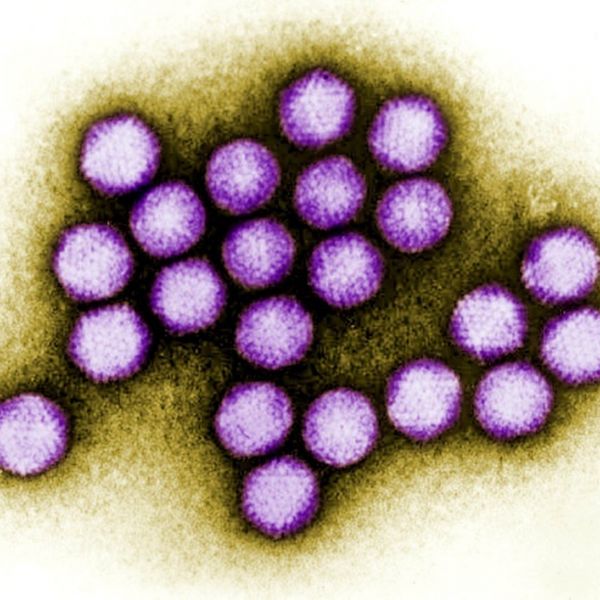
Oct 07, 2020
Penn State researcher part of project to develop novel COVID-19 vaccine
A researcher in Penn State's College of Agricultural Sciences is part of a team of scientists working to develop a unique COVID-19 vaccine that uses a bovine adenovirus as a safe and effective delivery vehicle.
Full Article

Sep 23, 2020
Huck Institutes Seeks Director of Graduate Training Initiatives
The Huck Institutes of the Life Sciences is searching for a Penn State faculty member interested in overseeing a number of training programs for master's and doctoral students.
Full Article
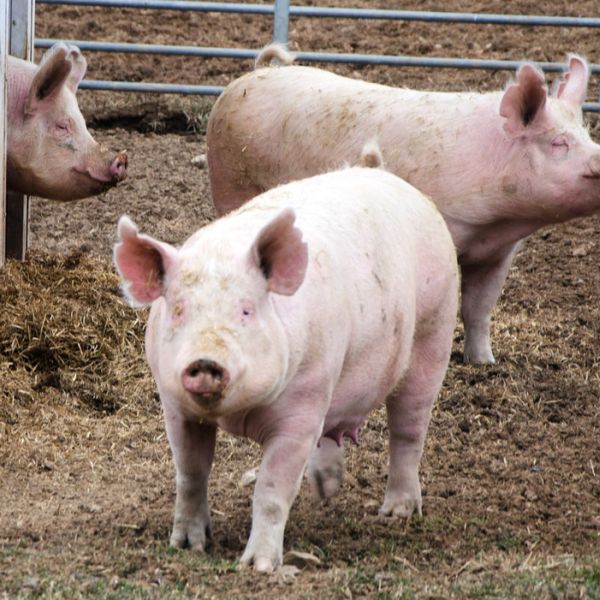
Sep 14, 2020
Penn State researchers to study novel coronavirus potential to infect livestock
A grant from the U.S. Department of Agriculture will enable Penn State researchers to study the potential for SARS-CoV-2, the novel coronavirus that causes COVID-19, to infect and spread among livestock.
Full Article